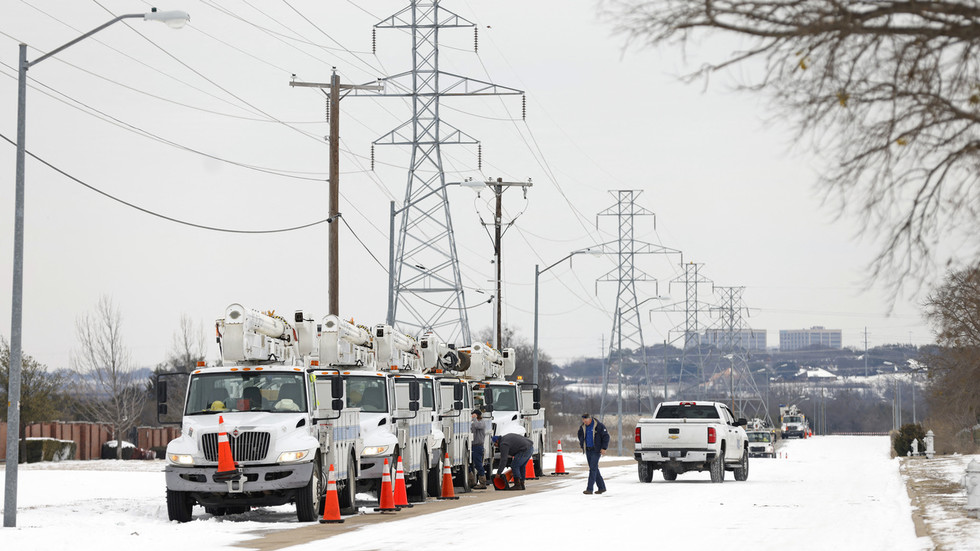By Madan Sabnavis
Bad Money is the story of how Indian banks, or more particularly Indian public sector banks, have converted good money from depositors to bad money through a combination of ineptitude and wrong doing. This emotion has often been expressed by several critics and analysts and Vivek Kaul puts this together with panache that makes this book engaging. At times he may sound a bit too harsh on the PSBs and their functioning, as he has generally kept private banks out of the main discourse, though they do appear at the periphery of arguments. One can call it the writer’s prerogative.
Kaul tells us at the beginning that this book would be more like a Quentin Tarantino movie with flashbacks and hence it will not be a chronology of events but movements would be both forward and backward. This approach makes it unique as the subject is on NPA of PSBs, and all other aspects of these banks are thrown in along with the latest regulations. The good people and bad ones are known from the start. Raghuram Rajan and Arvind Subramanian are the good guys; those who run the PSBs and their owners are the not so good guys, while the crony capitalists are the bad ones.
Kaul is a very good storyteller and hence his narration on how this mess came about it is told in simple words with no jargon so that the layman can understand how banks kept lending money without due diligence at a time when everything looked great. Then came the myriad of scams that put projects in jeopardy, as suddenly power companies that started off with some plans could not get coal thanks to the court cases. Moreover, the incompetence of PSBs to evaluate term loans fast-tracked the process of NPAs being created. The cost has been borne by the deposit holders and the policy holders of LIC, which has had to invest in these banks.

PSBs are definitely the weak link here and the author gives several examples to justify his position. He quotes three successive SBI chairpersons saying the same words of the worst being behind them, only to have the successor utter the same words after doing the clean-up. So when will the clean-up really happen? That is the question. Kaul also poses the question of whether the RBI should take a part of the blame. He does not say so in plain language but does convey the view that the entire process of restructuring of debt had been fostered by the RBI and hence could not be absolved fully. We need to get out of this business of forbearance as it helps us to kick the can. Under these Covid times, this fear is quite palpable in the coming years. Here he is all praise for Rajan and Subramanian, the former CEA, and argues that the AQR was the turning point for the system which exposed everything that was wrong.
From the point of view of the novice, Kaul explains in simple terms various issues like the scams or even the problem with the DISCOMs which finally get traced back to the banking system. The flashback to nationalisation is again very readable as he explains the ideology behind this move. Given that we have come a long way after 1969, the idea of PSBs is dated today. He explains well also the concepts of recapitalisation of banks, the IBC, PCA and so on.
There is a lot written on Nirav Modi and Vijay Mallya as well as some of the larger IBC cases. There is intrigue involved in loan sanctions here as some private bankers kept their distance while the PSBs went in fully. The lack of ethics in these big corporates is exposed well, especially when some of them try and buy back their companies at a discount which was plain absurd. We also get a feeling that some of these large names have borrowed without having any intention of repaying the money and have leveraged every tool available to game the system. This was a clear case of crony capitalism. The dirty dozen of IBC was a manifestation of the same.
While the author does talk of some of the mishaps in the private banks territory, the impression one could get given his inclination for privatisation of PSBs, is that private bankers can be sacked which does not happen to PSB heads. Here one may argue otherwise, as PSB chiefs have a bigger nightmare of being hounded by the investigative agencies for life while private bankers have often gotten away with resignations and some loss of reputation.
Towards the end he raises broader issues of safety of deposits with PSBs, which is something we all take for granted. He warns of the bail in policy being discussed at the policy level where deposit holders may have to shoulder some losses of loans gone bad. This may make readers edgy about putting money in bank deposits.
Kaul’s solution is to go in for privatisation and also improve governance standards. He advocates the UTI Bank or AXIS Bank model where government keeps out and let the private route work with the stake being placed with SUUTI.
Bad Money is quite timely and puts together everything one needs to know about NPAs. Written in his typical simple-to-read style, Kaul makes the issues easy to comprehend. PSB bashers will find this a delight and the students educative.
(Madan Sabnavis is chief economist, CARE Ratings)
Get live Stock Prices from BSE, NSE, US Market and latest NAV, portfolio of Mutual Funds, calculate your tax by Income Tax Calculator, know market’s Top Gainers, Top Losers & Best Equity Funds. Like us on Facebook and follow us on Twitter.
![]() Financial Express is now on Telegram. Click here to join our channel and stay updated with the latest Biz news and updates.
Financial Express is now on Telegram. Click here to join our channel and stay updated with the latest Biz news and updates.





More Stories
IndusInd pays premium to redeem warrants
NBFC stressed assets may hit Rs 1.5-1.8 lakh crore by fiscal-end, says Crisil
NPA Watch: Banks wrote off loans worth over Rs 25,500 crore in Q3